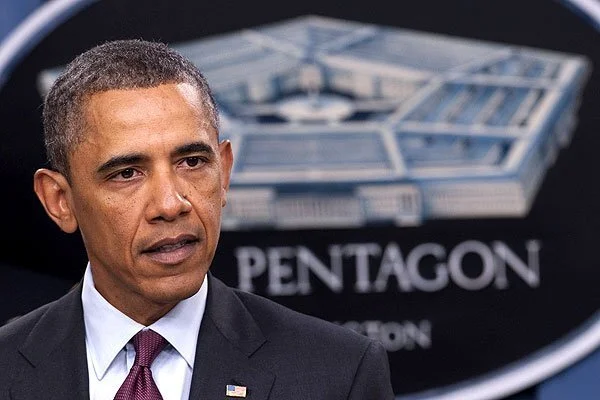By Stephen M. Walt
Most social scientists would like to think that their work helps solve important problems. For scholars of international relations, there is certainly no shortage of issues to address: ethnic and religious conflict, managing a fragile world economy, global terrorism, climate change, the spread of weapons of mass destruction, the Euro crisis, etc.—the list is endless.
Read More

















